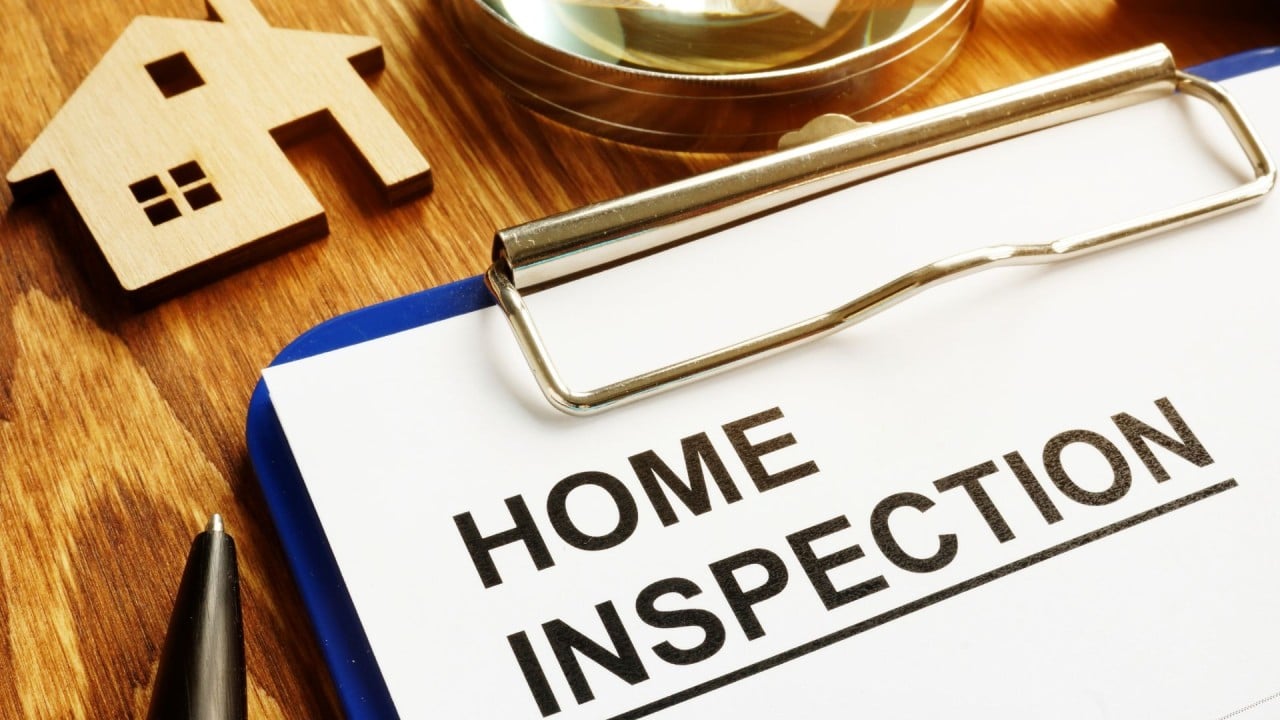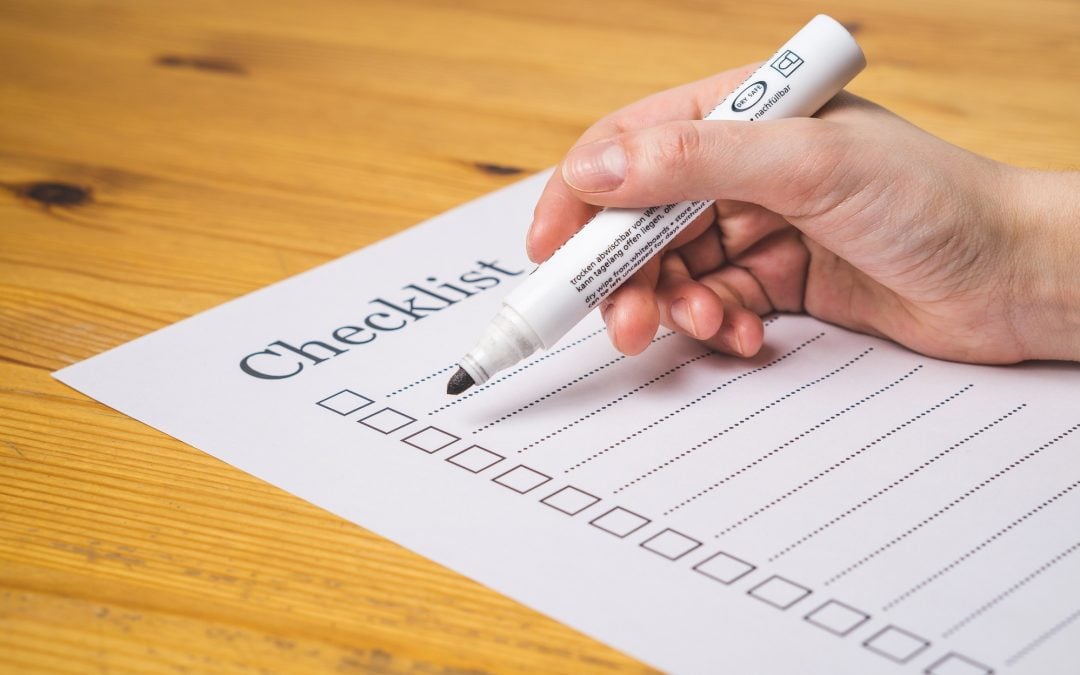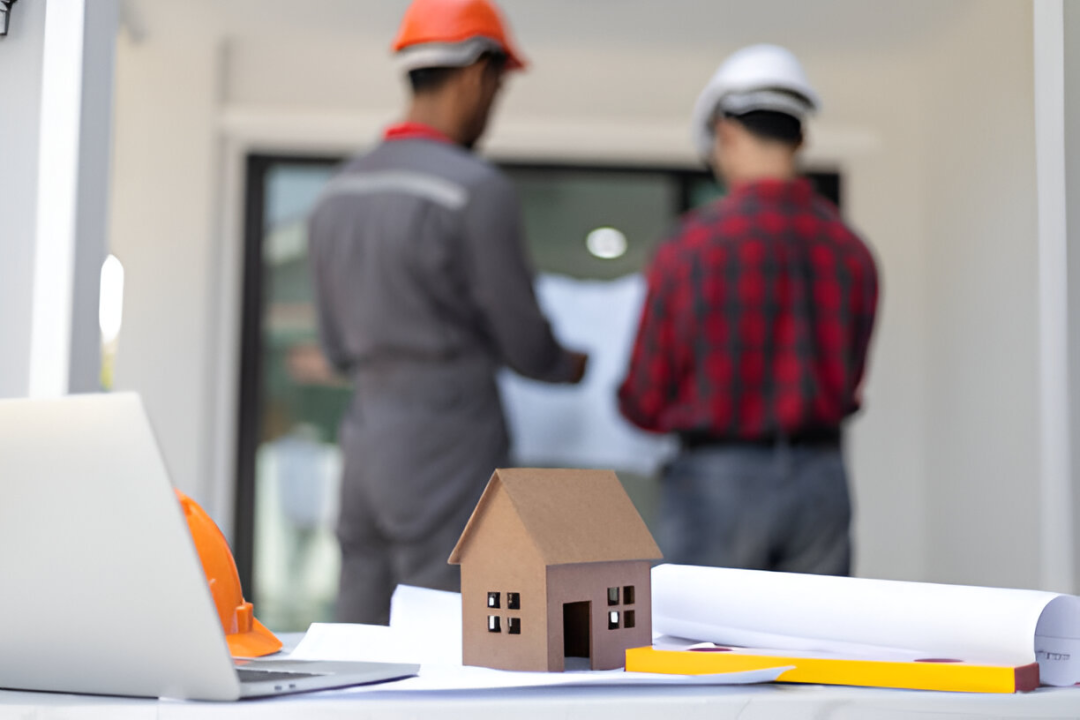
Home inspections are a crucial step in the homebuying process. They help you identify potential issues, protect your investment, and give you peace of mind. This guide will walk you through what to expect, how to prepare, and how to make the most of your inspection.
Importance of Home Inspections:
A professional home inspection provides an unbiased assessment of the property’s condition. It helps you identify hidden issues that may not be visible during a casual walk-through. By catching problems early, you can address repairs with the seller or decide whether to proceed with the purchase. Skipping an inspection can result in unexpected costs and headaches after moving in, so it’s essential to prioritize this step.
Common Inspection Issues:

During an inspection, professionals examine the foundation, roof, plumbing, electrical systems, HVAC, and more. Common issues often include:
- Structural Problems: Cracks in the foundation or uneven flooring can signal serious structural damage.
- Plumbing Issues: Leaks, outdated piping, and drainage problems can lead to costly repairs.
- Electrical Hazards: Faulty wiring, outdated breaker panels, and insufficient outlets can be safety risks.
- Roof and Exterior Damage: Missing shingles, leaks, and worn-out siding affect the home’s integrity.
- Environmental Hazards: Mold, radon, and pests can compromise safety and health.
- HVAC Concerns: Older systems may require repairs or replacements to maintain efficiency.
Preparing for Your Inspection:

Make sure the house is accessible for the inspector. Clear out areas like basements and attics so they can thoroughly inspect all spaces. Attend the inspection if possible. This allows you to ask questions and see issues firsthand. Bring a notebook to jot down the inspector’s comments and advice. Be prepared to ask about any maintenance tips and estimated repair costs.
Negotiating Repairs:

Once you have the inspection report, review it with your agent. Identify non-negotiable repairs (like safety hazards) versus cosmetic issues. Use the report as a bargaining tool to negotiate repairs, request credits, or even lower the purchase price. Remember, being reasonable and flexible will keep the deal moving forward.
Final Steps After Inspection:

Once repairs are agreed upon, ensure they are documented in the contract. Follow up with a final walkthrough before closing to verify that repairs were completed as promised. Having everything in writing will protect you if issues arise later.
